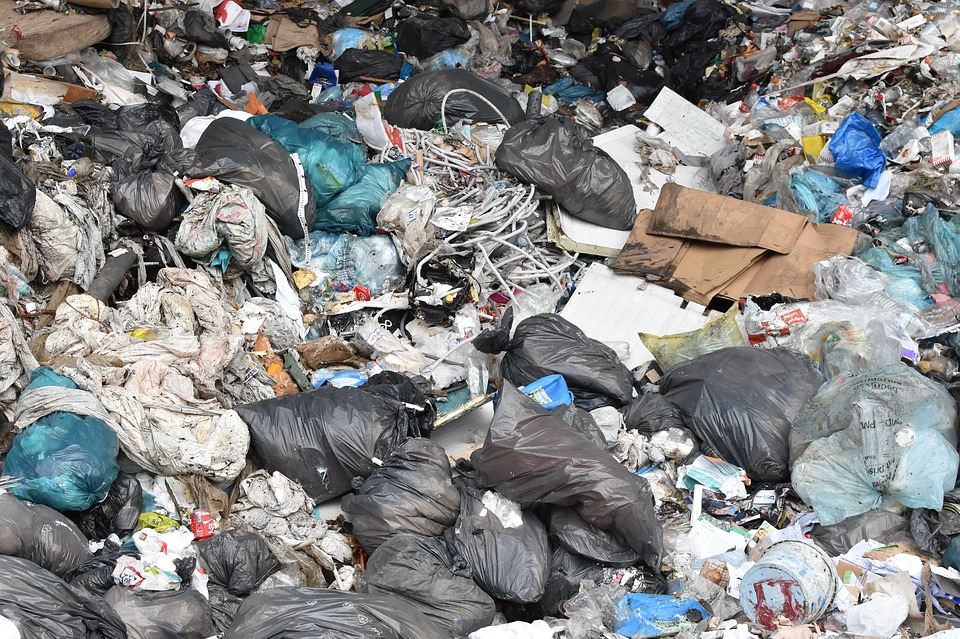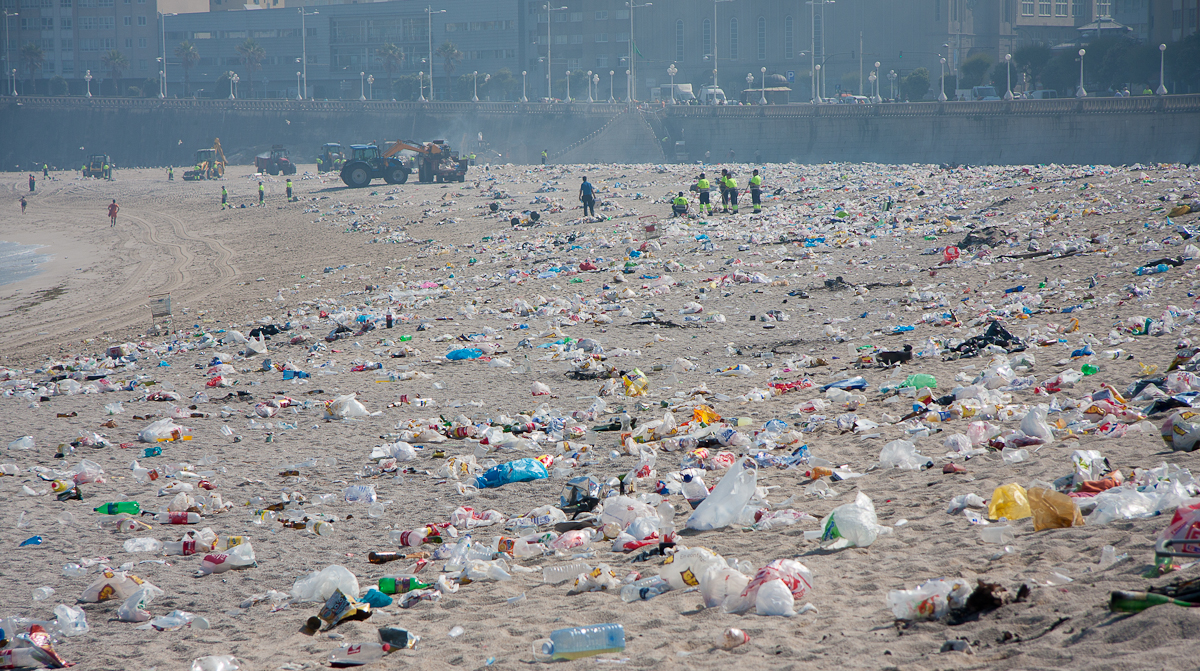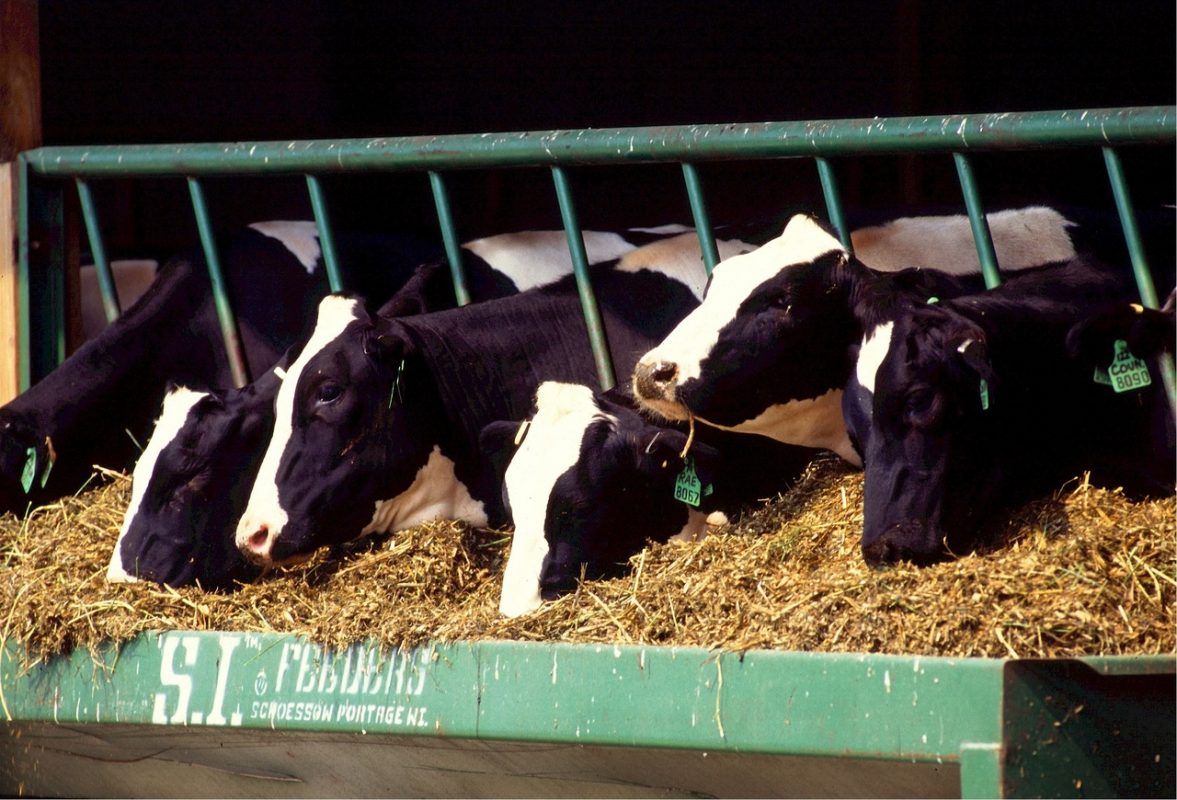Agri-food sector and landfill sites on EPA worst offender’s list

October 22nd, 2019
Agri-food companies and landfill sites feature on the latest worst offender’s list for licence compliance issues released by the Environmental Protection Agency (EPA) this month.
To date, the environmental watchdog has issued 10 National Priority Sites (NPS) lists since the scheme was launched in the summer of 2017. The system targets industrial facilities that have major regulatory compliance issues over a six-month period.
Two agri-food companies – Arrow Group and Tipperary Co-operative Creamery – are included in the latest list that covers April to September 2019.
Arrow Group continues to face issues linked to odour and noise and has appeared on all 10 lists to date. The group is Ireland’s largest privately-owned agribusiness group and fifth-largest within this sector in Europe.
Today, it comprises around 100 companies with operating bases in 12 countries worldwide. The EPA prosecuted Arrow Group for odour nuisance in September 2018 with fines and costs of €24,000 imposed by the courts.
The company has taken some measures to improve odour and noise abatement, the EPA said, with complaints reduced in 2019 compared to the same period last year.
Tipperary Co-operative Creamery is on the list for emissions to water issues, as is Saint-Gobain Construction Products in Co Monaghan. Two landfill sites in Cork – East Cork Landfill and Youghal Landfill – are on the list in relation to poor landfill gas and leachate management.
The Hammond Lane Metal (surface water management) and Arran Chemical Company (surface water management and emissions to air and groundwater contamination) also feature on the list.
Agri-food dominance
An analysis by The Green News of the 10 lists released to date reveals that agri-food companies account for 51 per cent of all cases on the combined lists.
The EPA’s latest enforcement report released this year states that the agri-food sector “continues to face challenges” in environmental compliance as the industry adapts to increased production under the State’s Harvest 2020 and Foodwise 2025 policies.
In 2018, 823 industrial and waste licences were in force, over a quarter (235) of which were for intensive agriculture facilities. A further 98 licences were linked to the food and drink (agri-food) industry, making the two the most licensed sectors last year.
The agri-food sector sites accounted for over half of the 15 prosecutions in 2018, resulting in total fines and costs of over €241,000 for 13 convictions.
Several companies with Origin Green sustainability certification were convicted, including Arrabawn Co-operative Society and Carbery Food Ingredients.
Commenting on the latest NPS List, Darragh Page from the EPA’s enforcement office said that the list system has continued to “drive environmental compliance and much-needed investment” by companies.
He added, however, that the agency “continues to have concerns” that continued issues at some companies have resulted in “unacceptable odour, noise, air and water quality impacts”.
Enforcement information on all sites can be found at www.epa.ie/licensing/.
[x_author title=”About the Author”]







